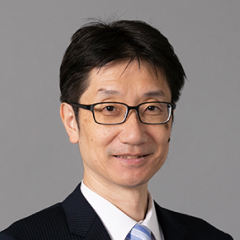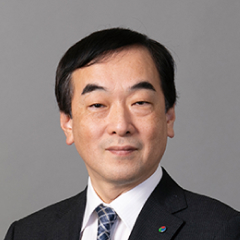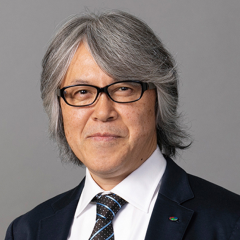
International Professional University of Technology in Tokyo
Be a Global Professional
AI/IoT/Robotics/Games/CG and Animation
In the fields that will shape Japan’s future, we nurture “Global Professionals,” skilled individuals who drive transformative change in society and excel on a global stage.
We collaborate extensively with international academic institutions, global companies, and governmental organizations, among others, to nurture professionals ready to excel on the global stage.
Learn more…Message from the President
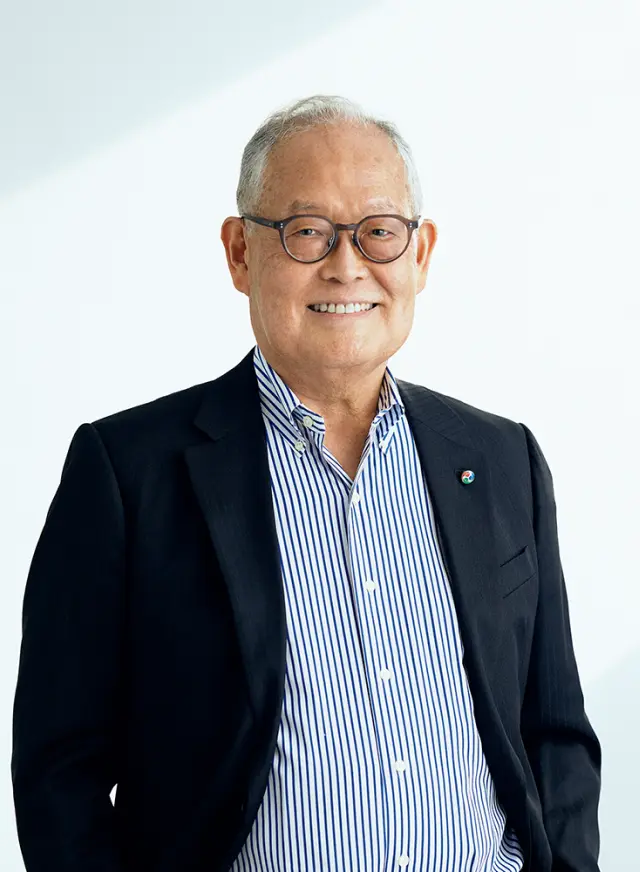

President
Norio
Murakami
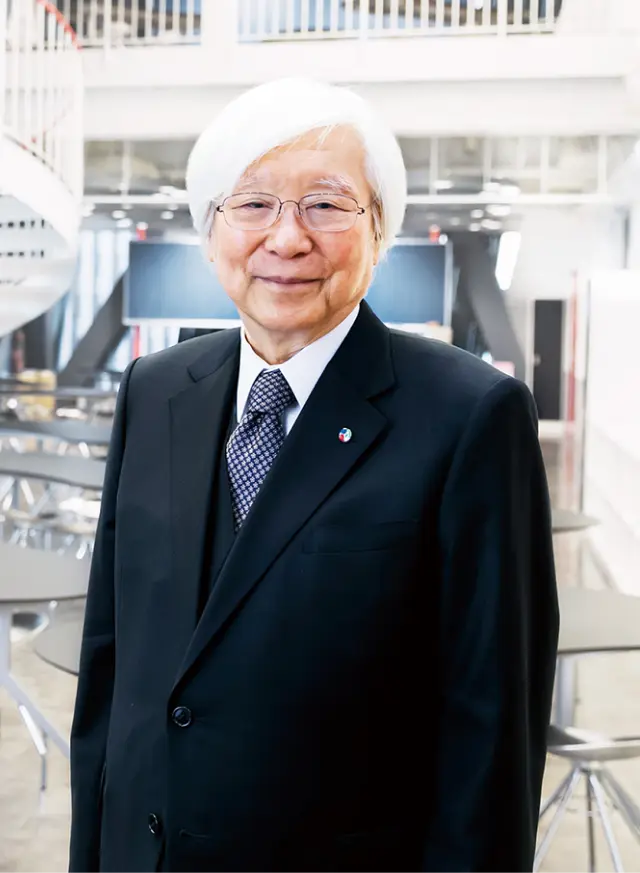

President Emeritus
Hiroyuki
Yoshikawa
Dean & Chairs
Faculty and departments
<Faculty of Technology> Department of Information Technology
Drives innovation for society by AI, IoT, and robotics.
As DX (digital transformation) gathers pace, innovation is born through the adoption of AI, IoT, robotics, big data, and other emerging technologies. We train leaders who can deliver solutions for challenges facing the industry and society in the super smart “Society 5.0” era.
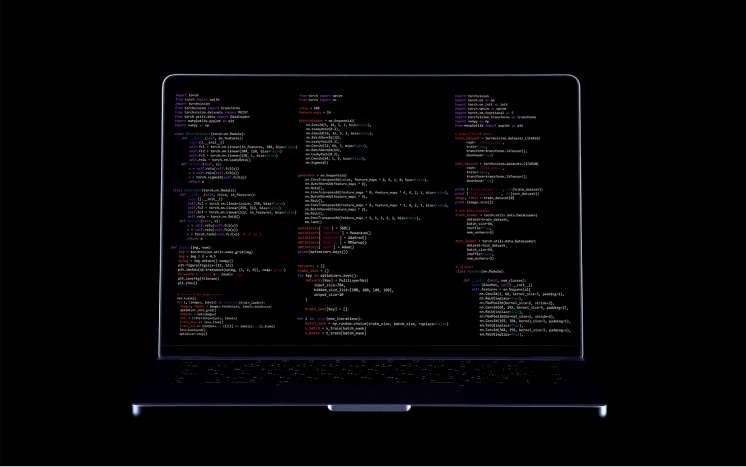
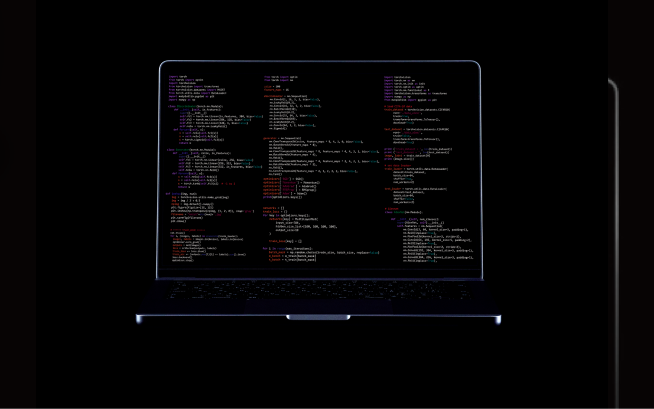
AI Strategy Course
Provides step-by-step training in topics ranging from the theory of artificial intelligence to programming skills for implementation. We nurture and train professionals who can design new AI services.
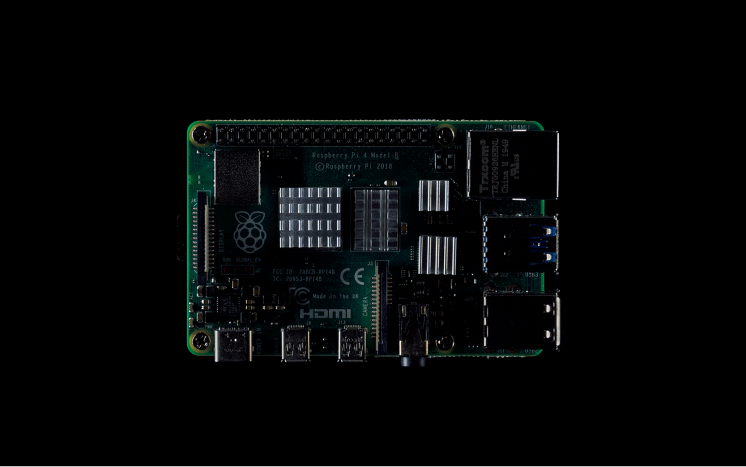
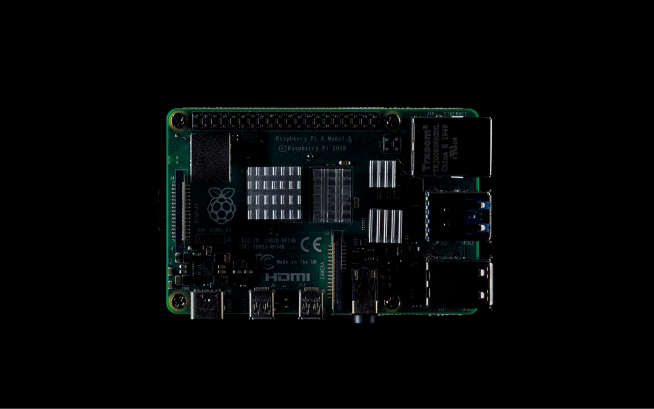
IoT Systems Course
Provides training in such topics as device controls, data aggregation theory, and IoT device programming. We nurture and train professionals who can design new IoT services.
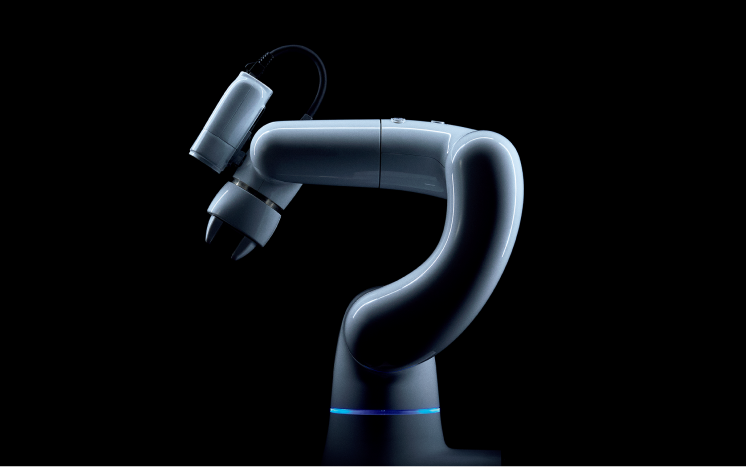
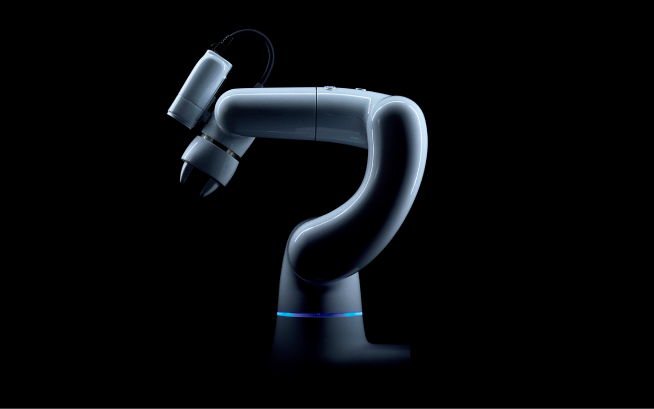
Robotics Development
Course
Provides training in design of mechanical systems that have the three technical components of robot: sensor system, intelligent control system, and actuator system. We nurture and train professionals who can design and develop useful robots and robot applications in the society.
<Faculty of Technology> Department of Digital Entertainment
Impresses and amazes the world by entertainment technology.
Now in the era of 5G (fifth-generation mobile communications systems) and into the future, the unlimited possibilities of interactive content will be leveraged to transform society along its real and virtual dimensions. We nurture and train creators who will produce innovative entertainment utilizing the latest digital technology.
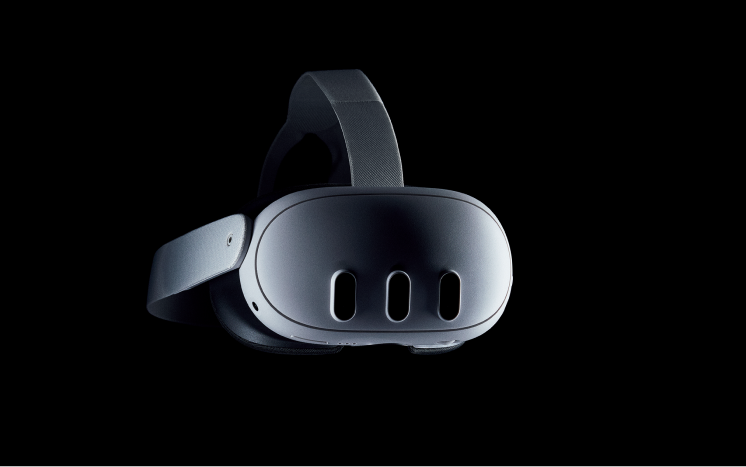
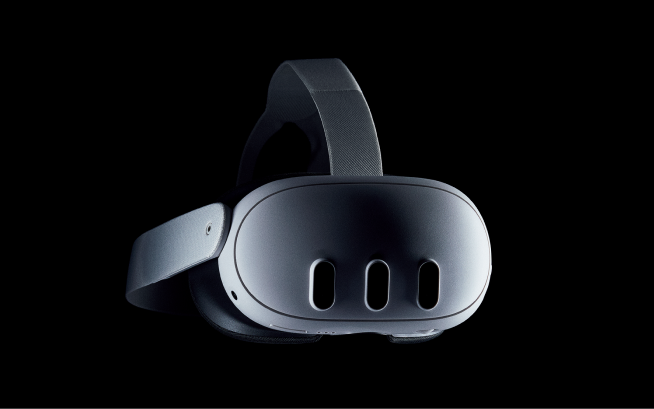
Game Production Course
Provides training from the basics onward in the theoretical side of programming technology for game development. We nurture and train creators who will operate at the forefront of the evolving and expanding digital entertainment industry.
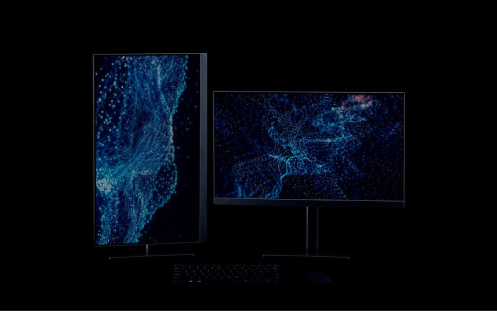
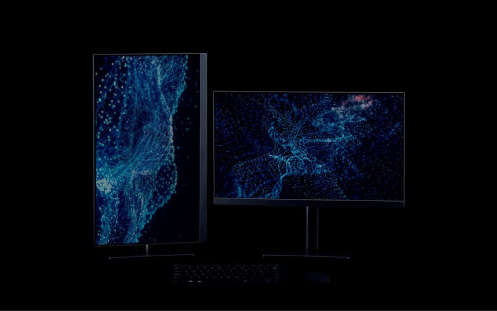
CG Animation Course
Providing training from the basics onward in the set of processes and programming skills required for creation of visual content and CG. We nurture and train professionals who will design the future of digital entertainment.
Our Campus
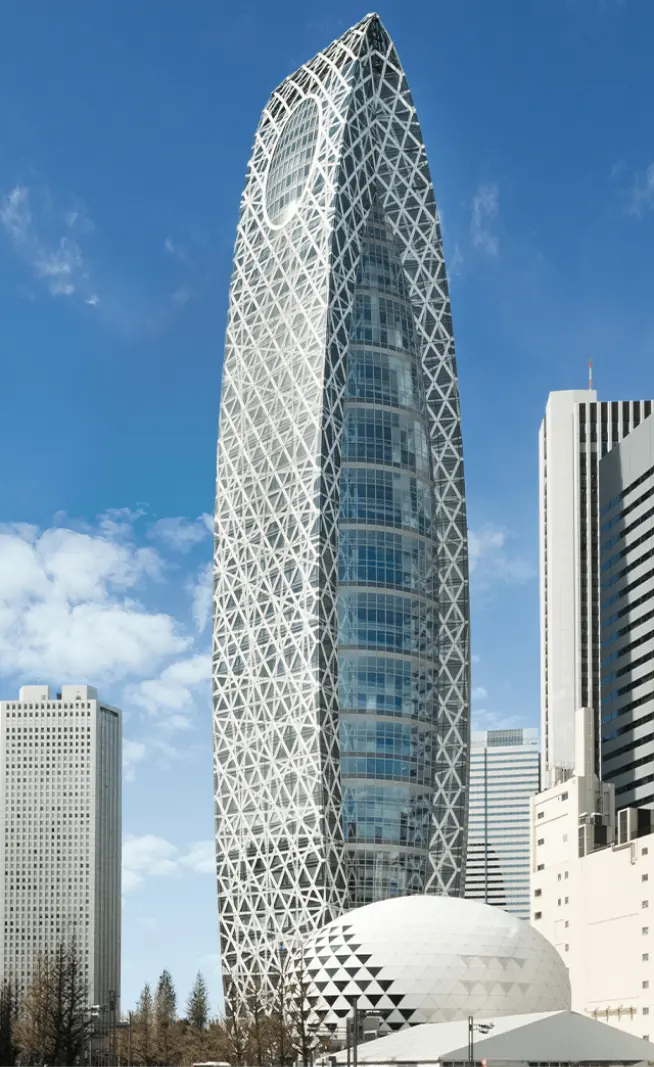
International Professional University of Technology
in Tokyo
Cocoon Tower
1-7-3 Nishi-Shinjuku, Shinjuku-ku, Tokyo
160-0023
TEL:
E-mail:






